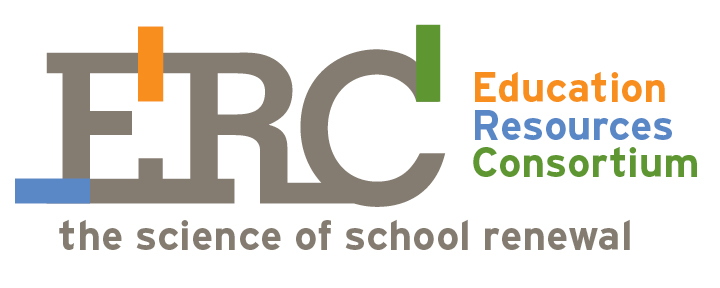“Steam” was in the air in New Hampshire in early May as STEAM-Ahead NH held a spring summit for schools and collaborators to propel its state-wide STEM initiative. Held at the state-of-the-art Dyn facility in Manchester, the event welcomed over 100 educators and collaborator to explore the potential of STEAM programming to motivate students and help prepare them for careers in growing fields. And, as presenters suggested, as a way to help schools make changes in instructional programming, structure and culture.
Dyn is a cloud-based IPM provider that has been pivotal in revitalizing the Queen City. Its Co-founder, Jeremy Hitchcock, along with Silver Tech CEO Nick Soggu, has championed STEAM since its inception, and both work closely with Granite United Way to help provide a base of operations for STEAM-Ahead NH Executive Director Bob Baines.
Baines, who doggedly pursued industry partnerships and resources for STEAM-Ahead, opened the day with short videos and energetic remarks about the changing workplace and opportunities for young people. He gently challenged school people and partners alike to push past some traditional educational practices to help the STEAM work take root, and received a rousing endorsement and pledge of support from Commissioner of Education, Dr. Virginia Barry. Next, STEAM students from Manchester High School West and McLaughlin Middle School wowed the crowd with insightful remarks about their positive experience in STEAM classes, and then students and teachers from the West HS team seized the day with three hands-on STEAM projects that challenged the attendees to get their hands dirty, building and problem-solving in the fashion that distinguishes learning-by-doing.
The event wound down with a reflection from West HS Principal Christopher Motika and a professional development overview from Dr. Larry Myatt from ERC. Motika, widely respected for his turn-around efforts at the school, reprised the genesis of the STEAM effort at West, lessons learned in the past two years, and insights into the leadership decisions and dilemmas that came with trying to make changes to the traditional system. Myatt, who works with inquiry-based and project learning schools around the country, capped the event asserting that STEAM efforts cannot thrive without changes to beliefs about learning and major alterations to structures and practices. He shared his experience that project learning is often deeply constrained by the nature and design of conventional school and that STEAM, with its multi-sector partnerships and prominence, offers a unique opportunity to re-imagine a culture of learning, and to build educational communities that offer better possibilities for students and working educators alike.


